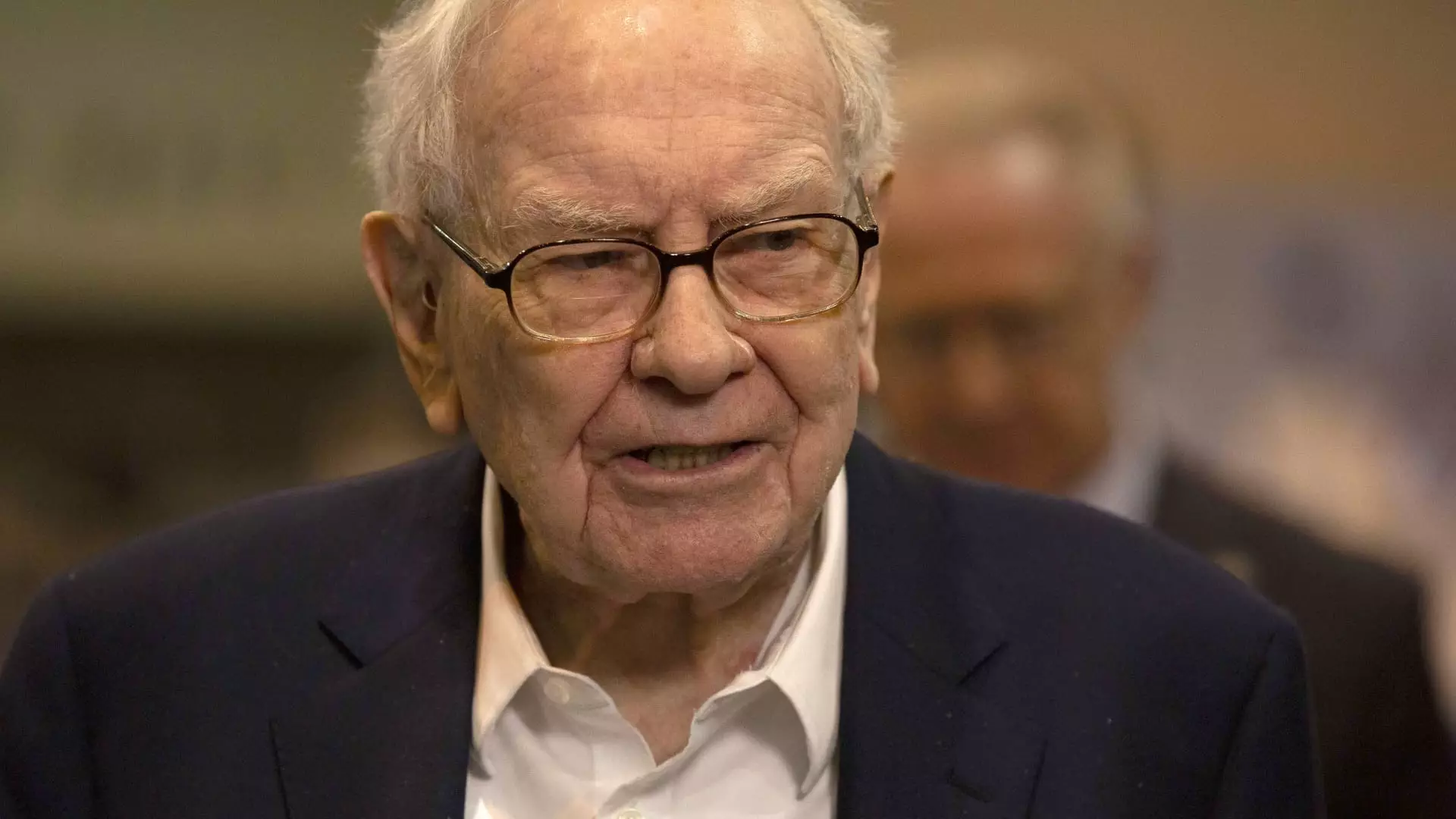Berkshire Hathaway’s recent actions have raised eyebrows as the conglomerate has been on a selling streak with their Bank of America stake for nine consecutive days. This prolonged divestment indicates that Warren Buffett may be more than just trimming the company’s long-standing holding in the bank. Over the past nine trading sessions, Berkshire has offloaded a significant number of shares totaling 71.2 million, equating to sales of over $3 billion. Despite these substantial sales, Berkshire still retains ownership of 961.6 million shares of BofA with a market value of $39.5 billion.
Warren Buffet’s relationship with Bank of America dates back to 2011 when he purchased $5 billion worth of the bank’s preferred stock and warrants following the aftermath of the financial crisis. This move helped bolster confidence in the struggling lender, which was grappling with losses from subprime mortgage issues. Buffett’s conversion of warrants in 2017 solidified Berkshire’s position as the largest shareholder in Bank of America. At the end of March, Berkshire’s holding in BofA was valued at $39.2 billion, with an initial cost basis of $14.15 per share or $14.6 billion disclosed in 2021.
The decision to sell off a significant portion of Bank of America shares could be attributed to Berkshire’s desire to capitalize on the bank’s recent strong performance. Bank of America’s stock surged by 22% in 2024, outperforming the S&P 500’s return of 14.5%. With such impressive gains, Berkshire may be looking to take profits from its investment in BofA. The conglomerate’s upcoming second-quarter earnings report, set to be released on Saturday, is anticipated to shed more light on their strategic moves regarding their major holdings.
The consecutively high number of shares sold by Berkshire Hathaway in a short period has sparked interest in the market regarding the conglomerate’s intentions behind this divestment. If Berkshire continues to reduce its stake in Bank of America, the bank’s position in Berkshire’s equity holdings could potentially drop from second place to third, falling behind American Express. This shift in equity allocations could have ripple effects on both Berkshire’s portfolio composition and Bank of America’s shareholder structure.
Berkshire Hathaway’s ongoing selling streak of Bank of America shares highlights a strategic shift in their investment approach. The divestment, coupled with the bank’s robust performance, indicates that Berkshire is positioning itself to capitalize on profits and potentially recalibrate its equity portfolio. As the conglomerate navigates these changes, the market will be closely monitoring their next moves and the implications on Bank of America’s shareholder landscape.

